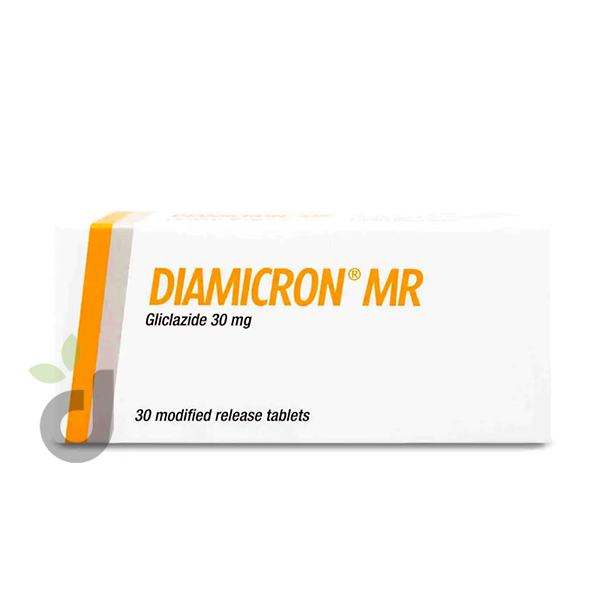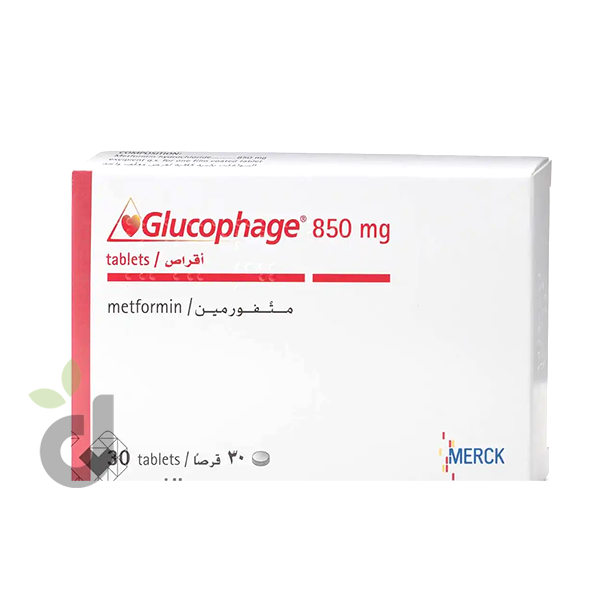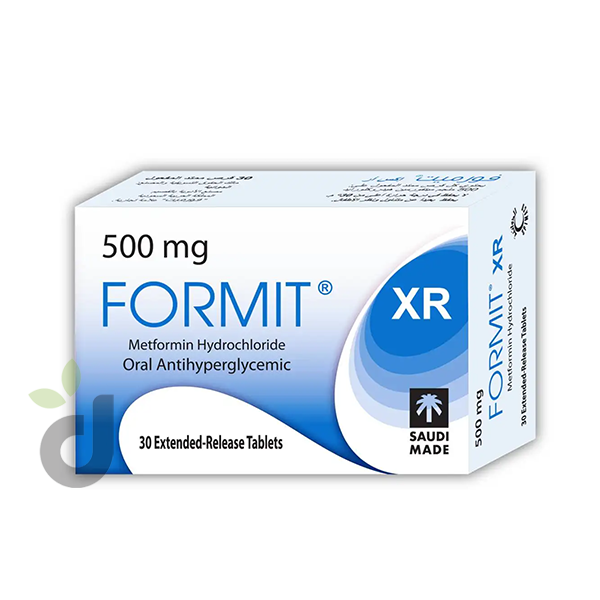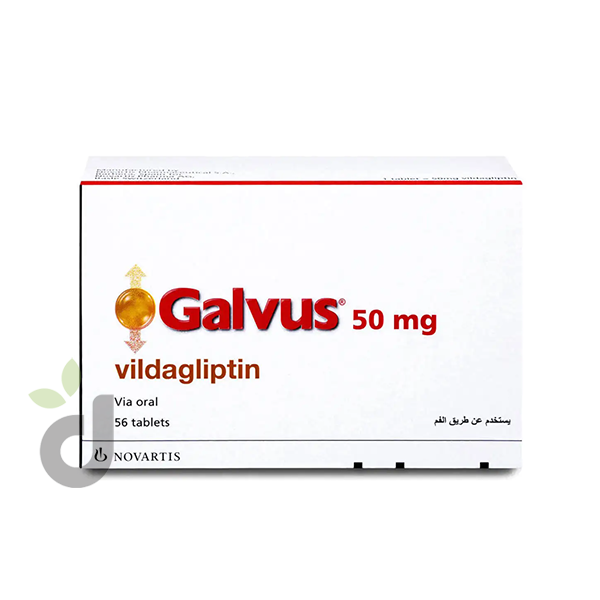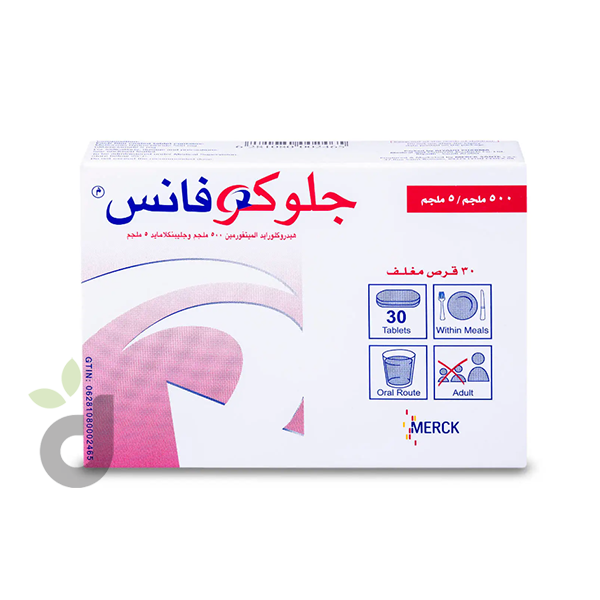
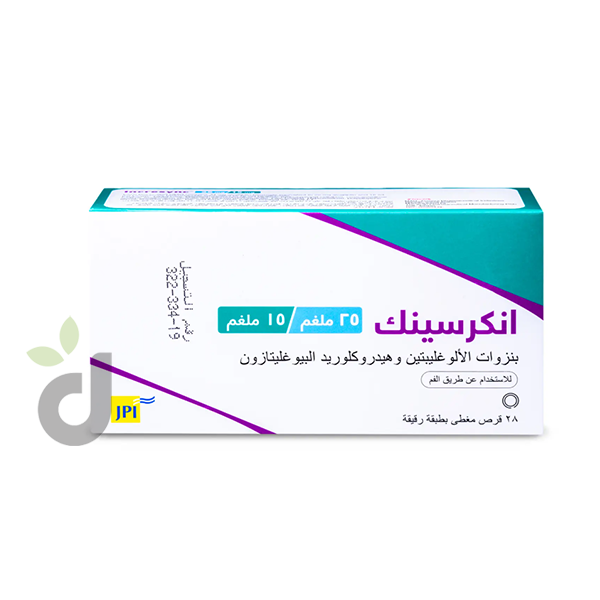


Incrisync 25/15 mg, 28 Tablets
Inhouse product
Reviews & Ratings
Incresync Tablets
Why is Incresync Used?
Incresync contains two different medications in one tablet:
- Alogliptin belongs to a class of medications called DPP-4 inhibitors, which work by increasing insulin production in the body after meals and reducing sugar production.
- Pioglitazone belongs to a class of medications called thiazolidinediones, which help the body use the insulin produced more effectively.
Both medications are used to treat type 2 diabetes. Incresync is used when blood sugar levels cannot be controlled adequately with diet, exercise, and other oral diabetes medications such as pioglitazone and metformin.
How to Use Incresync
? Follow all instructions on your prescription label and read any drug guides or instructions.
? Your doctor may change your dose from time to time.
? Take this medicine exactly as directed.
? You can take Incresync with or without food.
? Incresync is available as a tablet and can only be obtained with a prescription.
? It should be taken orally once a day.
? The dosage depends on your current diabetes treatment.
? Adjust the dose based on your blood sugar levels (measured by HbA1c).
? Maximum dose: 25 mg of alogliptin daily and 45 mg of pioglitazone daily.
Warnings and Precautions
? Do not take Incresync if you:
- Are allergic to alogliptin, pioglitazone, or any of the other ingredients in this medicine.
- Have a severe allergic reaction to any diabetes medications, which may include rash, hives, swelling of the face, lips, tongue, or throat (causing difficulty breathing or swallowing).
- Have heart failure or a history of it.
- Have liver disease.
- Are experiencing diabetic ketoacidosis.
- Have or have had bladder cancer.
- Have blood in your urine that has not been checked by your doctor.
⚠️ Talk to your doctor or pharmacist if you:
- Have type 1 diabetes or take sulfonylurea medications (e.g., glibenclamide) or insulin.
- Have heart disease or fluid retention.
- Take anti-inflammatory pain medications that may cause fluid retention and swelling.
- Are older and taking insulin (higher risk of heart disease).
- Have liver or kidney problems (may need regular tests).
- Have diabetic eye disease, such as macular edema (swelling in the back of the eye).
- Have polycystic ovary syndrome (PCOS) or ovarian cysts.
- Are pregnant or planning to become pregnant.
Ingredients
- Alogliptin
- Pioglitazone

